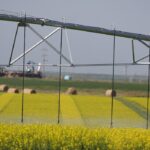Saskatchewan researcher says growers should not be afraid to apply more water if they are doing everything else right
A survey of 15 irrigated canola fields in Saskatchewan found an average yield of 70 bushels per acre in 2020. The provincial dryland average was 37 bu. per acre. This is the second year of the survey, which is being done to assess production methods in order to make recommendations, said Joel Peru, an agriculture […] Read moreStories by Karen Briere
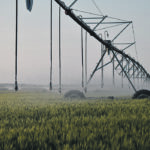
Sask. irrigation project still at desktop stage
Work continues on mapping, soil and geotechnical testing and development of the water project’s preliminary design
Saskatchewan’s plan to develop another 500,000 acres of irrigation is proceeding, although perhaps not quickly enough for some. Farmers got an update during the Saskatchewan Irrigation conference held online earlier this month. Questions after the presentation from Water Security Agency officials included how soon shovels would be in the ground. Clinton Molde, executive director of […] Read more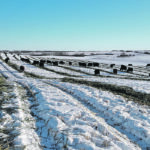
Cattle seen as agriculture’s long-term solution
A producer’s research determines that farmers can improve the ecosystem by increasing forage and grazing positively
Nuffield scholar Ryan Boyd says Western Canada is missing a huge opportunity by not incorporating more cattle into farming systems. Boyd, who operates a mixed farm near Forrest, Man., said his observations from travel around the world last year show that livestock offer a “resilient long-term solution to agriculture profitability, productivity and climate change.” Boyd […] Read more
A radical change
COVID-19 has changed how people eat and shop for food, and there could be more change to come. Dr. Sylvain Charlebois, director of the Agri-Food Analytics Lab at Dalhousie University, said food has been a complicated and complex issue during the pandemic. People hoarded some foods, turned to buying others online and decided to grow […] Read more
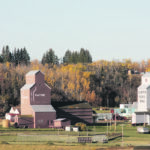
Rediscovering rural life
Oliver Douglas thought Green Acres was the place to be, moving from a New York penthouse to a farm in the 1960s TV comedy. Hilarity ensued as the couple settled into a life in Hooterville. The 2020 COVID-19 pandemic is no laughing matter, but it appears to have created the desire in at least some […] Read more
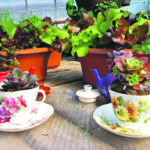
First-time growers dig a new trend
More Canadians got their hands dirty this year and took up gardening. Pandemic gardening became the thing to do in 2020. Regular and long-time gardeners who couldn’t find their favourite seeds or bulbs last spring may have been mystified by the run on stock but it seems many rookies wanted to produce their own food. […] Read more

Battery recycling program for Sask.
Saskatchewan will implement a battery recycling program beginning Jan. 1. The 73 SARCAN collection depots, along with other designated sites, will accept single-use and rechargeable consumer batteries that weigh less than five kilograms each, excluding lead acid batteries. The program will be operated by a non-profit environmental stewardship organization called Call2Recycle Canada. It has been […] Read more
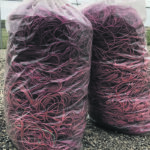
Ag plastics recycling expands on the Prairies
Cleanfarms wants a program in Manitoba, saying farmers there generate about 1,400 tonnes of agricultural plastic waste a year
Cleanfarms has launched a baler twine recycling pilot project in Saskatchewan and is consulting on a permanent agricultural plastic waste recycling program in Manitoba. The organization says it wants to transition Manitoba’s pilot project into a permanent, province-wide program in 2021. The first draft of its plan to do so is available on its website, […] Read more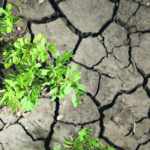
Climate change may affect water management
New report says Prairies will see wetter winters and drier summers, which will require changes in how water is managed
Western Canada is warming at three times the rate of the rest of the world and that will challenge people who live in the region, according to a report released Dec. 7. The Prairie Provinces chapter of the Regional Perspectives Report is the first in a series from experts across Canada to assess climate change […] Read more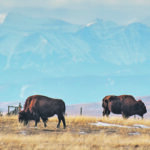
U.S. bison program to affect Canada
A government purchase of ground bison for federal aid is expected to open up new markets for Canadian producers
Canadian bison producers will eventually benefit from a $17-million purchase of American ground bison under a U.S. federal aid program, says the executive director of the National Bison Association. Dave Carter told the Canadian Bison Association annual conference that while the meat bought through the program must be from the United States, there will be […] Read more

